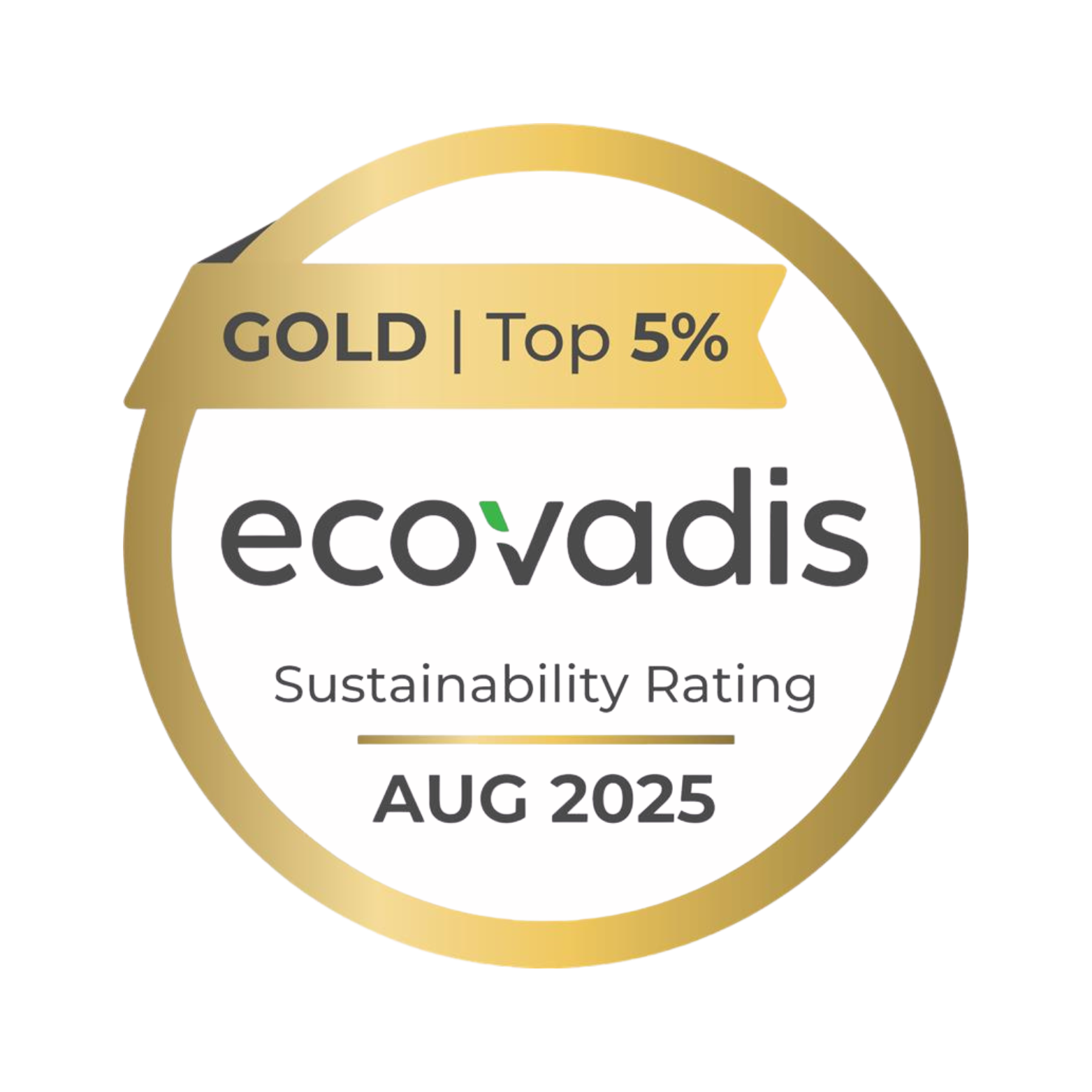
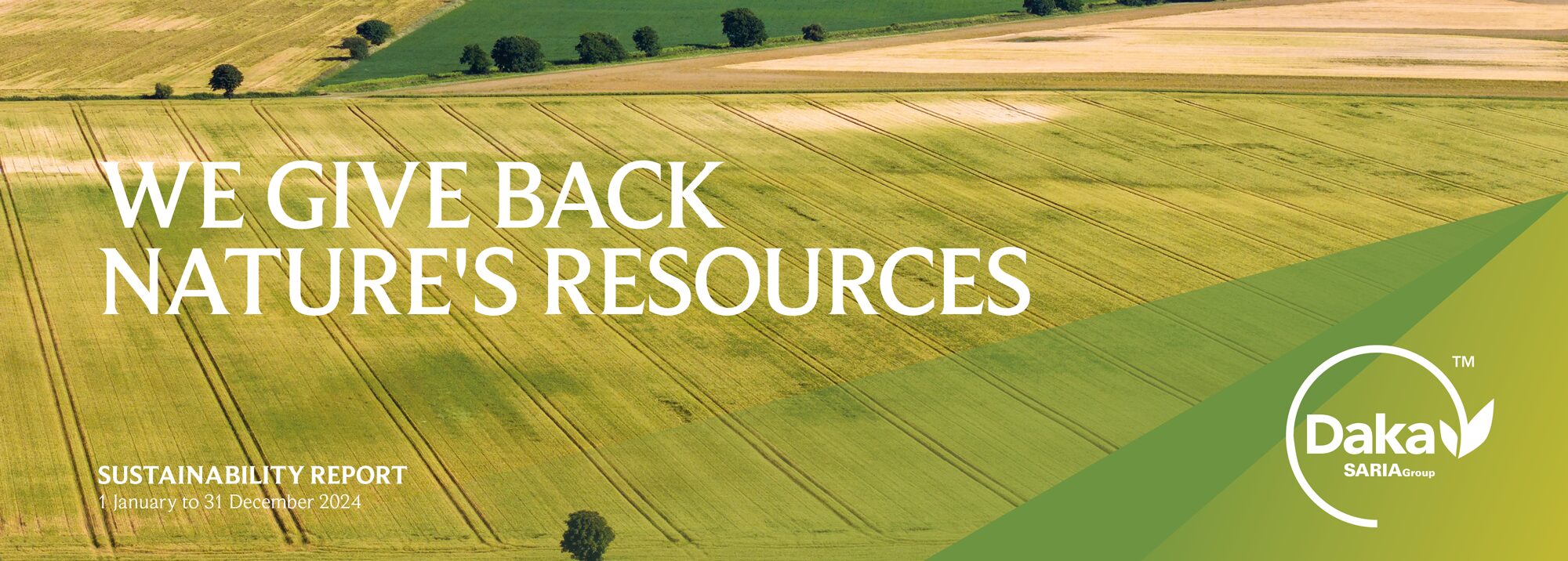
ESG provides the framework for reporting
Daka’s sustainability reporting follows the ESG structure – Environment, Social, and Governance – providing a more comprehensive view of our overall efforts. Our first ESG-based report was published in 2023, and with the 2024 report, we continue to document and strengthen our work towards a more sustainable business. The report offers insight into Daka’s circular core business and the initiatives we carry out each year as part of the company’s strategic sustainability efforts.
EcoVadis Silver Medal
As part of the SARIA Group, Daka Denmark utilizes EcoVadis in our work related to ESG and compliance. Our current score places the SARIA Group in the top 2% of all companies evaluated worldwide. EcoVadis is the global standard for business sustainability ratings and has already assessed over 150,000 companies globally.
If you want to learn more about SARIA Group’s efforts, please visit here CLICK HERE.
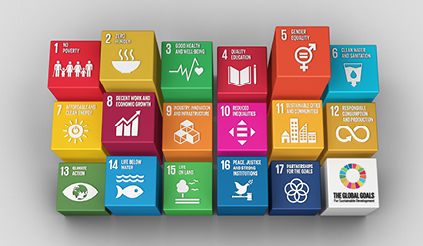
SDGs as guidance framework
To structure our different action fields, we use the 17 Sustainable Development Goals (SDGs) of the 2030 Agenda, adopted by the United Nations in 2015, as orientation. The 17 goals with 169 targets are intended to serve as a guide for countries and companies around the world to create a sustainable and equitable world and to preserve natural resources in the long term.
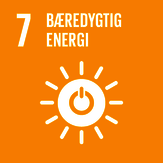
Daka Denmark makes a positive difference to the cilmate.
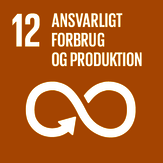
Responsible production for people, the environment and local communities.
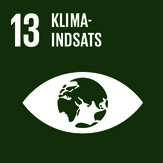
Increadingly energyefficient and climatefriendly production.

Recycling provides greater biodiverity..

Collaboration and partnerships are key elements of Daka’s sustainability program.
Daka Denmark’s energy policy
Daka is an integral part of veterinary preparedness. Because with a drive processor that meets the veterinary requirements, a large energy consumption is required. There is a special focus on reducing and maintaining this energy consumption at the lowest possible level. Energy policy is complied with in practice by:
- Focus on energy consumption, both in connection with the day-to-day operation of production plants and in connection with major process reorganisations and new plants.
- Set goals for energy efficiency and ensure compliance with these.
- Secure information as well as the necessary resources are available for the energy targets to be required.
- Comply with legal requirements and agreements.
- Ensure continuous improvements in energy efficiency.
- Ensure climate change mitigation is a focus area and seek to reduce climate changes where possible, through for instance, opportunities for conversion to electricity or sustainable fuels.

